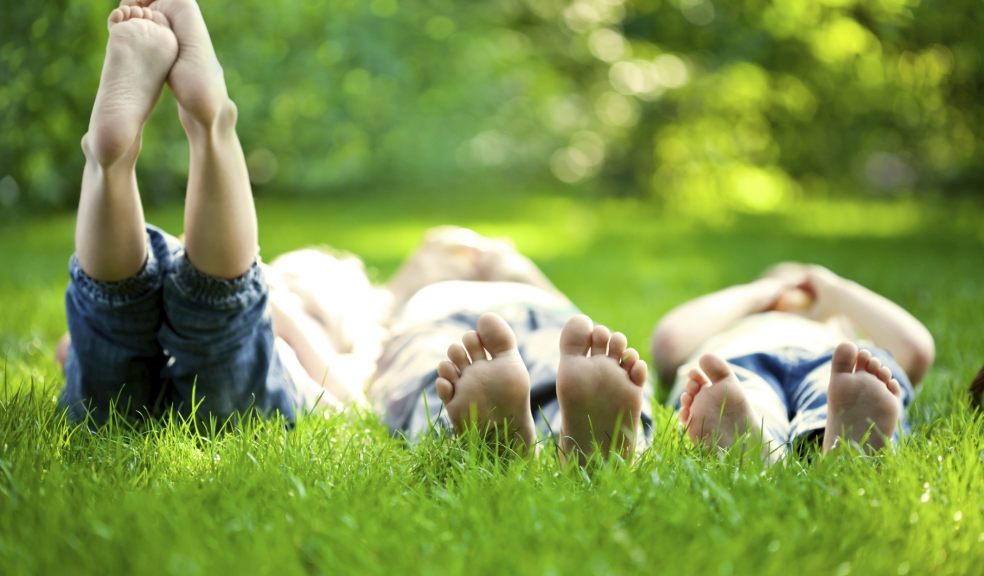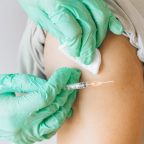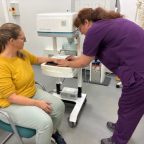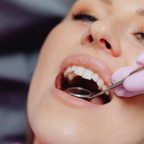
Night time ‘insneezia’ hindering Brits summer shut eye
New research1 from Boots Pharmaceuticals reveals that for the 18 million2 Brits who suffer from hayfever – problematic pollen does not stop when the sun goes down.
In fact, 64% of sufferers admit to suffering from ‘insneezia’ – a term that refers to the insomnia-esque impact of night time hayfever symptoms, caused by pollen falling at the end of the day as the air cools.
On a typical summer night, insneezia sufferers say that they miss out on 72 minutes of shut eye – which equates to being kept awake for a total of nearly five whole days across the months of June to August - with itchy eyes (47%) and a blocked nose (45%) being the main symptoms that blight being able to nod off. Additionally, 64% say it takes them longer to drop off as a result and an equal number (64%) find it harder to get back to sleep once they have been woken up.
Dr Peter Burt, Aerobiologist at the University of Greenwich explains: “Hayfever sufferers may find that their symptoms get worse during the evening. This is because pollen rises into the lower atmosphere throughout the day and begins to fall back to the ground as the temperature drops - exposing hayfever sufferers to a higher level of pollen in the evening compared to earlier on in the day. Higher pollen levels in the evening can also be because some flowers release pollen later in the day - meaning pollen levels increase with this burst and remain higher during the evening and overnight.”
However, nocturnal nigglings don’t just affect sufferers during the night. 62% report that insneezia impacts them the next day as well:
• One in four report that they struggle the next day at work after a bad night’s sleep
• 22% say they are more argumentative with their loved ones
• 16% decline social events because of their sleepless nights
Angela Chalmers Boots UK Pharmacist comments: “Falling pollen at night doesn’t have to get in the way of a good night’s sleep if you take steps to keep your hayfever symptoms in check before your head hits the pillow. Most one-a-day anti-histamines are usually a 24 hour dose, so taking your daily dose at least 3 hours before you go to bed may help reduce symptoms throughout the night. Additionally, consider using a barrier nasal spray before bed, which can be more effective at treating more severe hayfever symptoms, as they create protective lining in the nasal passage reducing the inhalation of the allergens that are responsible for hayfever.”
It seems desperate Brits will go to all sorts of lengths to try and stop hayfever from hampering their slumber with one in five (22%) admitting to sleeping with tissues up their nose and 4% resorting to putting their heads in the freezer to try and relieve symptoms.
A further 44% of sufferers said they spend longer getting ready for bed in the summer in an effort to keep their summer sneezes at bay, with 32% showering before bed most nights and 54% sleeping with the windows closed to try and keep pesky pollen out of the bedroom.
*As at 28 February 2015 excluding equity method investments
References
1 Research on 2,080 hayfever sufferers conducted by Opinium Research, June 2014
2 Allergy UK (2014). 18 Million Hay Fever Sufferers in the UK. Available at: https://www.allergyuk.org/blog/blog/post/144-18-million-hay-fever-suffer... Last accessed June 2015.

















